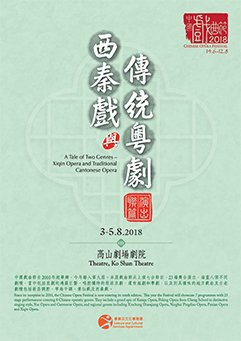A Tale of Two Genres - Xiqin Opera and Traditional Cantonese Opera
Introduction
Xiqin Opera and traditional Cantonese Opera are interrelated and share the same origin. Xiqin Opera is a regional genre that originated from the Xiqin singing style of the Ming dynasty (i.e. qinqiang and Gansu singing styles). It spread to the Hai (Lu) Feng area of Shanwei and evolved with local folk arts and customs. The genre gradually developed its form in early Qing dynasty. It was inscribed in the first listing of National Intangible Cultural Heritage in China in 2006. Haifeng County Xiqin Opera Heritage Centre (formerly Haifeng Xiqin Operatic Troupe) is at present the only professional group specialising in Xiqin Opera, where its Director Lu Weiping is a Representative Bearer of Xiqin Opera as a National Intangible Cultural Heritage. In this programme, the classic plays of Xiqin Opera and traditional Cantonese Opera that share connections will be performed on stage. Executing Own Son at the Gate, a pihuang play of Xiqin Opera, shares similar content with Liulang Executing His Son, the Cantonese Opera play in classic singing style. The former one is also a representative play of the laosheng (old male) role while the later one has its own distinctive singing styles, including the reprimanding tone of Yang Liulang and the singing style of Mu Gua. Executing Zheng En which is sung in xipi resembles the content of Cantonese Opera play Executing the Duke’s Second Brother which is sung in classic singing style. Executing the Duke’s Second Brother is one of the ‘Eighteen Plays of Cantonese Opera’ in the Qing dynasty as well as one of the earlier remarkable plays of Cantonese Opera in classic singing style in Guangdong. Traditional skilful routines are demonstrated in the excerpts of Xiqin Opera. In Liu Xi Chastising His Sons, for example, Liu Xi performs the traditional chair stunt only by his waist, hips and legs to move and turn the chair. Renowned Cantonese Opera star Law Ka-ying will be joining virtuosi such as Wan Fai-yin and Cheng Wing-mui to perform Cantonese Opera plays in classic singing style. The lingering and lasting charm of old genres will be showcased.
A Tale of Two Genres - Xiqin Opera and Traditional Cantonese Opera
Programme Details
3/8 (Fri)4/8 (Sat) 5/8 (Sun)3/8 (Fri) 7:30pm
Cantonese Opera in classic singing style Liulang Executing His Son
This century-old play is one of the ‘Eighteen Plays of Cantonese Opera’. It is performed in the classic singing style and only bangzi is sung. The play features a full range of roles, including sheng (male), dan (female), jing (painted-face) and chou (comic). Each role sings in its unique singing style. Yang Liulang, for example, sings in ‘reprimanding tone’ and Mu Gua sings in ‘Mu Gua singing style’.
In the Northern Song dynasty, a general of the Yang’s family, Yang Yanzhao (Liulang), has a son Zongbao. Zongbao marries Mu Guiying, the lord of Muke Fortress in Shandong, in secret. Liulang is furious and demands Zongbao to be beheaded. Dowager She and Zhao Defang (the Eighth Prince) try to beg Liulang for mercy to no avail. Mu Guiying brings army provisions, her servants and the Dragon Vanquishing Wood as gifts to visit the Song camp. She negotiates with Liulang and moves Liulang to take back his execution order. The couple reunites and lives happily ever after.
Main Cast: Law Ka-ying, Cheng Wing-mui, Sun Kim-long, Lui Hung-kwong, Lau Yu-feng, Hong Hai*, Wan Yuk-yu, Li Pui-yan
Xiqin Opera Executing Zheng En
Sung in xipi, this play features a full range of roles, including wusheng (military male), wumian (black-faced), hongmian (red-faced), zhengdan (virtuous female), huadan (young female), laosheng (old male), etc. The highlight of the play is the scene about the havoc in the palace. Gao Huaide used the traditional stunt, ‘heading off at the sweep of the sword’, to execute Han Long. The play is sung in an intense, fast-paced, spirited singing style and performed with passion and a grandiose style.
After Zhao Kuangyin ascends to the throne of the Song dynasty, he indulges in alcohol and women. He listens to the slander of his favourite concubine Han Shumei and her brother Han Long, and beheads his sworn brother Zheng En, a founding father of the dynasty. Gao Huaide, the Duke of Wanli, comes forward and stands up for justice. After eliminating Han Long at the palace, Gao supports Tao Sanchun, the wife of Zheng En to besiege the Five Phoenix Pavilion where Han Shumei is staying. In the end, Han Shumei is forced to apologise and is subsequently executed.
Main Cast: Xu Zijia, Zhan Dexiong, Chen Meizhen, Yan Liesheng, Chen Shaowen, Chen Wenhui, Ao Yongbin, Huang Yizhan
The running time of the performance is approximately 3 hours 45 minutes including an intermission of 15 minutes.
4/8 (Sat) 7:30pm
Xiqin Opera Executing Own Son at the Gate
This is a play that features a full range of roles, including laosheng, huadan, wujing (black-painted face), hongjing (red-painted face), laodan (old female) and xiaosheng (young male), etc. It is sung in xipi and has merged the essence of xipi singing style. Performed with excellent singing and gesturing, the play is reputed as a classic in the pihuang repertoire of Xiqin Opera. This play is one of the three significant traditional Xiqin Opera plays that feature laosheng role#.
During the Northern Song dynasty, the Yang’s generals are on guard at the three main fortresses. The State of Liao, a strong enemy, sets up the Tianmen battle formation. Yang Liulang commands Meng Liang to go to Muke Fortress in Shandong to obtain the Dragon Vanquishing Wood. Meng’s golden head crown is taken as leverage by Mu Guiying, the Fortress leader’s daughter. Yang Zongbao, son of Yang Liulang, secretly goes to the Muke Fortress to retrieve the golden head crown for Meng Liang but is captured by Mu Guiying to become her husband. Hearing the news, Yang Liulang goes to Muke Fortress to rescue his son, but to no avail. Instead, Yang Liulang is brought down his horse by Mu Guiying, resulting in a humiliation in front of his army. As the country is in emergency internally and externally, Yang Zongbao must return to the Song camp to report duty. Yang Liulang intends to execute Zongbao for his marriage with a member of the enemy camp while in service at war, which is a violation of military rules. Generals Jiao Zan and Meng Liang, Dowager She and the Eighth Prince all try to ask for Liulang’s mercy but in vain. Liulang is furious. Eventually, Mu Guiying brings the Dragon Vanquishing Wood to beg for mercy for Zongbao. She also brings her troops and provisions to surrender to Song dynasty and helps to fight the Tianmen battle formation.
Main Cast: Lu Weiping, Chen Meizhen, Chen Shaowen, Zhan Dexiong, Yu Zefeng, Chen Jiaming, Yan Liesheng, Cai Shengtan, Lin Xiaoju
Cantonese Opera in classic singing style Executing the Duke’s Second Brother
This is a representative play of the erhuamian (second painted-face) role. The character Sima Yang in this play is a xiaosheng role. His performance focus is on singing and footwork such as ‘the drunken steps’. Another character, the Third Prince, Zhang Zhong, belongs to the xiaowu (young military) role. In the ‘City under Siege’ scene, Madam Zhang, the widow of Kuang Ruilong, is performed as the wudan (military female) role. She wears the armour costume and a sword, putting whites on her costume. Her styling expresses power. Her singing is closely interwoven with the gong and drum and her reciting to bring out intensifying emotions.
The warrior Zhang Zhong joins the army to serve his country. He is commanded to eliminate the forest bandit Kuang Ruilong. After fighting with each other, Zhang and Kuang find mutual appreciation as honourable competitors and become sworn brothers. Both vow their loyalty to the imperial court. Sima Yang, the crown prince, respects the courage and perseverance of the two and joins their sworn brotherhood. Sima Yang is the oldest, Kuang Ruilong is the second and Zhang Zhong is the youngest. After ascending to the throne, Sima Yang indulges in alcohol and women. Using blunt words, Kuang Ruilong remonstrates with his emperor and accidentally injures Sima Yang with the gold mace given by the former emperor. The drunken Sima Yang sentences Kuang to execution. Madam Zhang, the widow of Kuang Ruilong, and Zhang Zhong are saddened and angry for the news. They bring an army to condemn Sima Yang, who now regrets for the wrong he did. Sima Yang kills his consort of the west palace and her brother, and promises to repent. He also vows to pass his throne to the son of Kuang Ruilong to calm down the public anger.
Main Cast: Law Ka-ying, Wan Fai-yin, Sun Kim-long, Hong Hai*, Wan Yuk-yu, Leung Fei-tung
The running time of the performance is approximately 3 hours including an intermission of 15 minutes.
5/8 (Sun) 2:30pm
Xiqin Opera Excerpts
Beating Hands
This is an excerpt from the traditional play, The Red-Maned Steed. It is sung in xipi. In the play, the father and daughter express authentic emotions through singing. The play is fast-paced and close-knit. It also features excellent singing and gesturing. The play focuses on the singing and gesturing skills of laosheng role and qingyi role in Xiqin Opera.
Wang Yun, a prime minster of the Tang dynasty, has three daughters. His eldest daughter Jinchuan is married to Su Long, a government official of the Ministry of Revenue; his second daughter Yinchuan is married to Wei Hu, the Deputy Minister of Defence. His third and spoiled daughter Baochuan, however, decides to select her husband by setting up a colourful high tower at the crossroad where anyone who catches her embroidered ball can marry her. A few days ago, Wang Baochuan met Xue Pinggui, a peddler of flowers, at the entrance of the garden. She had feelings for Xue and gave him gold at the garden. The two also made a deal to meet again at the crossroad on the second day of the second Lunar month for the embroidered ball-throwing event. The embroidered ball hits Xue Pinggui, but Wang Yun does not appreciate his poverty and regrets what he promised his youngest daughter. Wang Baochuan tries to reason with her father, but to no avail. She beats hands with Wang Yun and follows Xue Pinggui to live in a deserted cave.
Main Cast: Lu Weiping, Chen Meizhen
Grasping the Vanity Case
This is an excerpt from the Xiqin Opera How a Dead Cat was Substituted for a New-born Prince. It is sung in xipi by the roles of xiaosheng and huadan.
In the Northern Song dynasty, Consort Liu and the eunuch Guo Huai make a secret plot and exchange the prince newly born by Consort Li with a dead cat. The prince is hidden in a vanity case and Consort Liu asks her maid Kouzhu to throw the prince into the water stream under the Nine-twist Bridge. Fortunately, the prince is saved by the eunuch Chen Lin.
Main Cast: Chen Jiaming, Zheng Yusi
Returning to Xiqi
The play is an excerpt from Xiqin Opera Phoenix Singing over Mount Qishan. It is performed by the roles of laosheng and xiaosheng, and is sung in the zhengxian tune of the original singing style of Xiqin Opera. The play calls for higher technicality from the performance of the laosheng role. Ji Chang, the Duke of Xibo, has to fall and spin as he sings. A series of action sequences is also played, including ‘snatching at the back from a high tower’, ‘hair-flinging’, ‘beard-shaking’, ‘sudden fall’, etc. The dream-like scene in which the father and the son reunite reflects the true bond of family. The bleak and saddening singing style strikes a chord in the heart of the audience.
In the late Shang dynasty, the emperor Zhou is a cruel tyrant who tortures dissidents. Ji Chang, the Duke of Xibo, shows solicitude for the people and admonishes the emperor. Zhou is furious with Ji Chang’s action and imprisons him in Youli for 7 years. The State of Zhou presents precious metals and jewellery as tributes. Zhou forces Ji Chang to consume the soup cooked with the flesh of Ji’s son Bo Yikao before he allows Ji Chang to return to Xiqi. Ji Chang is heart-broken that he has lost his son and endured so much hardship before returning home. Sorrowfully, the father and son meet in their dreams.
Main Cast: Lu Weiping, Yu Zefeng
Liu Xi Chastising His Sons
This is an excerpt from Chenxiang Digging the Earth to Save His Mother, one of the ‘Four Major Martial Art Plays’ of Xiqin Opera. It is also one of the three significant traditional Xiqin Opera plays that feature laosheng role#. It is sung in the zhengxian tune of the original singing style of Xiqin Opera. In the play, when Liu Xi sings to chastise his son, he also performs the traditional chair stunt. Without touching the chair with hands, Liu Xi solely relies on his waist and hip actions to move the chair forward and backward, and to twirl the chair to left and right. Liu Xi’s act is complemented with movements of the sleeves, beard and hat wings, etc. The play is packed with concerted singing and powerful emotions. Doubtlessly, it is an intriguing performance.
Chenxiang and Qiuer are the sons of Liu Xi, the magistrate of Luozhou. The two boys are reluctant to swallow humiliation at school and hit someone from a government official’s family to death. They plead guilty of their actions in front of their parents when they return home. Closely bonded to each other, the brothers fight to take the blame. Character development is seen on Wang Guiying, the wife of Liu Xi. She originally has a preference to her biological son Qiuer and later changes to give up Qiuer to save Chenxiang, a child born by a goddess.
Main Cast: Lu Weiping, Chen Xiaoling
Cantonese Opera in classic singing style A Blood Oath Sworn in Grotto
This rhythmically brisk play is sung only in bangzi (shigong). There is a routine of ‘horse set-up’ when Zhao Kuangyin prepares the horse for Zhao Jingniang. Virtual movements are used to depict the preparation work for mounting a horse, such as adding the saddle and the bridle, as well as getting on and off the horse. The gestures are delicately performed and are highly skilled. To represent Zhao Jingniang as a lady, she holds a folded fan and wears a ‘waist cloth’. When she reveals her background and mishaps to Zhao Kuangyin, there is a section of slow-paced bangzi sung in the ‘dadong singing style’, which is unique to the dan role in Cantonese Opera. It is subtle and has a lingering charm.
A Blood Oath Sworn in Grotto is also known as Accompanying Jingniang for Thousands of Miles or Escorting Jingniang at Night. Before becoming the emperor of the Song dynasty, Zhao Kuangyin once killed someone because he came to the aid for justice. He then fled to the Qingyou Temple. One day, outside of the Leishen Cave, he hears the crying sound of a woman. Zhao Kuangyin opens the entrance to the cave and rescues Zhao Jingniang, who was robbed and held hostage when she was on her way to pay respects at the tombs of her ancestors during Ching Ming Festival. Since Zhao Kuanyin would like to prevent Zhao Jingniang from running into danger again and they share the same family name, Zhao Kuangyin becomes Jingniang’s sworn brother and escorts her home.
Main Cast: Law Ka-ying, Wan Fai-yin
The running time of the performance is approximately 2 hours and 45 minutes including an intermission of 15 minutes.
Programme will be performed in guanhua
* With kind permission of The Hong Kong Academy for Performing Arts
# The three significant traditional Xiqin Opera plays featuring laosheng role include Executing Own Son at the Gate, Liu Xi Chastising His Sons and Cui Zi Assassinating the Emperor.
Information provided by the arts groups
Xiqin Opera
Genre
Xiqin Opera is a regional genre that originated from the Xiqin singing style of the Ming dynasty (i.e. qinqiang and Gansu singing styles). It spread to the Hai (Lu) Feng area of Shanwei and evolved with local folk arts and customs. The genre gradually developed its form in early Qing dynasty. It was inscribed in the first listing of National Intangible Cultural Heritage in China in 2006. The vocal music is characterised by highly patterned, coupled-link verses with variation on beats. The singing style is a hybrid of zhengxian, xipi, erhuang and some elements of kunqiang and zadiao. The classics are categorised as ‘Four Major Legends’, ‘Eight Minor Legends’, ‘Four Major Martial Art Plays’, ‘Thirty-six Stock Plays’ and ‘Seventy-two Short Pieces’.
A Tale of Two Genres - Xiqin Opera and Traditional Cantonese Opera
Performing Group
Haifeng County Xiqin Opera Heritage Centre
Haifeng County Xiqin Opera Heritage Centre (formerly Haifeng Xiqin Operatic Troupe), which was developed from the Qingshounian Troupe, is the only professional group specialising in Xiqin Opera. Its Director Lu Weiping is a Representative Bearer of Xiqin Opera as a National Intangible Cultural Heritage. Its repertoire has garnered an array of accolades, including the Outstanding Repertoire Award at the National ‘No. 1 Theatre Troup’ Spectacular of the Ministry of Culture of the People’s Republic of China, the Five A’s Initiative Award of Guangdong Province, the Lu Xun Literary Art Award, the gold prize of the 7th National Showcase of Operas and Operatic Songs – ‘Ode to China’, the bronze prize awarded in the ‘Celebrated Opera’, a recorded programme of the Chinese Opera channel of China Central Television (CCTV), 8 outstanding awards of the Excellent Chinese Qinqiang Plays Showcase in the categories of group, repertoire, actor, ensemble conductor and music performance, etc. and the second prize in the best repertoire of the 13th Guangdong Art Festival.
A Tale of Two Genres - Xiqin Opera and Traditional Cantonese Opera
Ticketing
5/8 (Sun) 2:30pm
Theatre, Ko Shan Theatre

- With Chinese and English surtitles
- Please refer to the Extension Activitiespage for details of extension activities
- The running time of each performance is approximately 2 hours and 45 minutes including an intermission of 15 minutes.
Programme Enquiries: 2268 7325
Ticketing Enquiries: 3761 6661
Credit Card Telephone Booking: 2111 5999
Internet Booking:www.urbtix.hk
Please click here for discount scheme details.
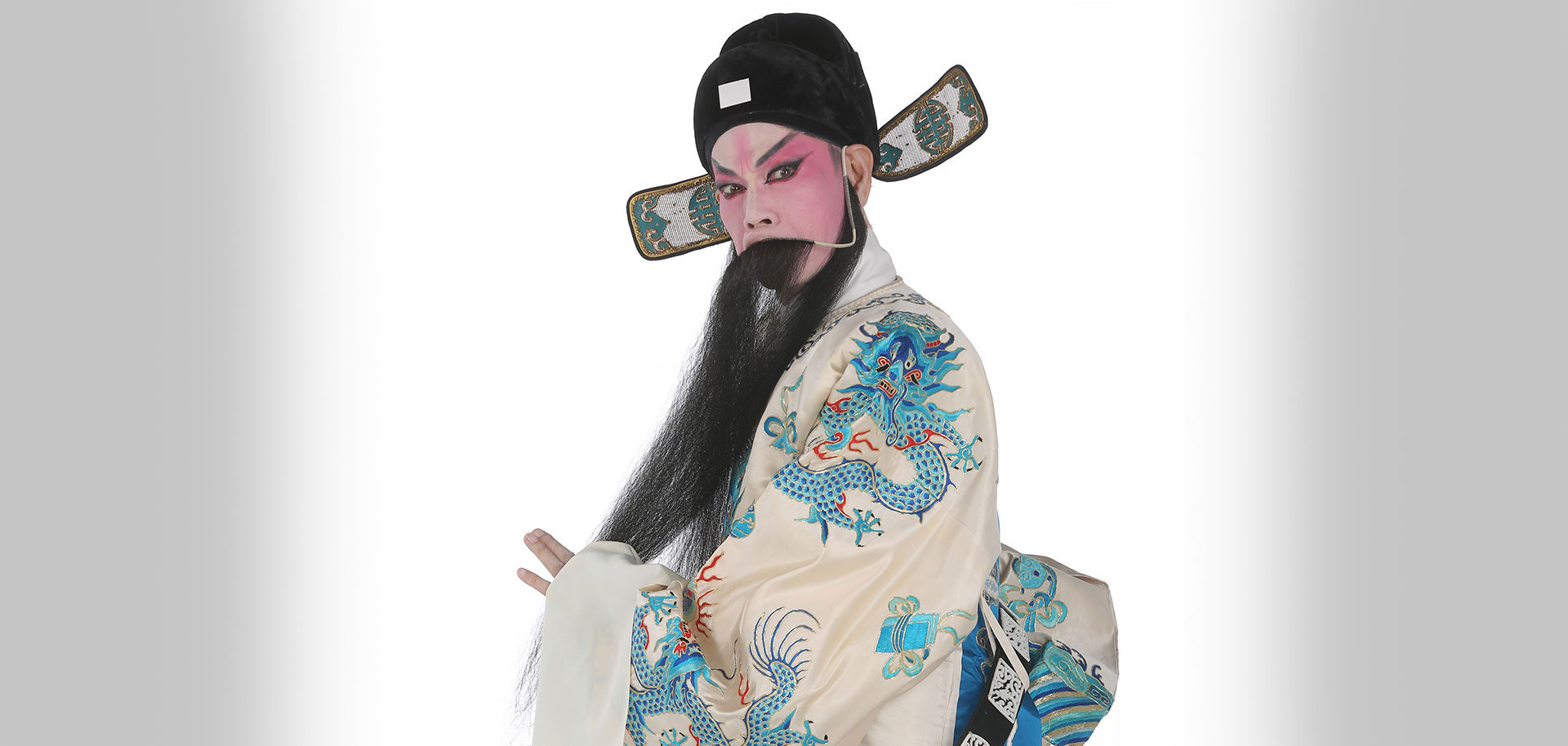
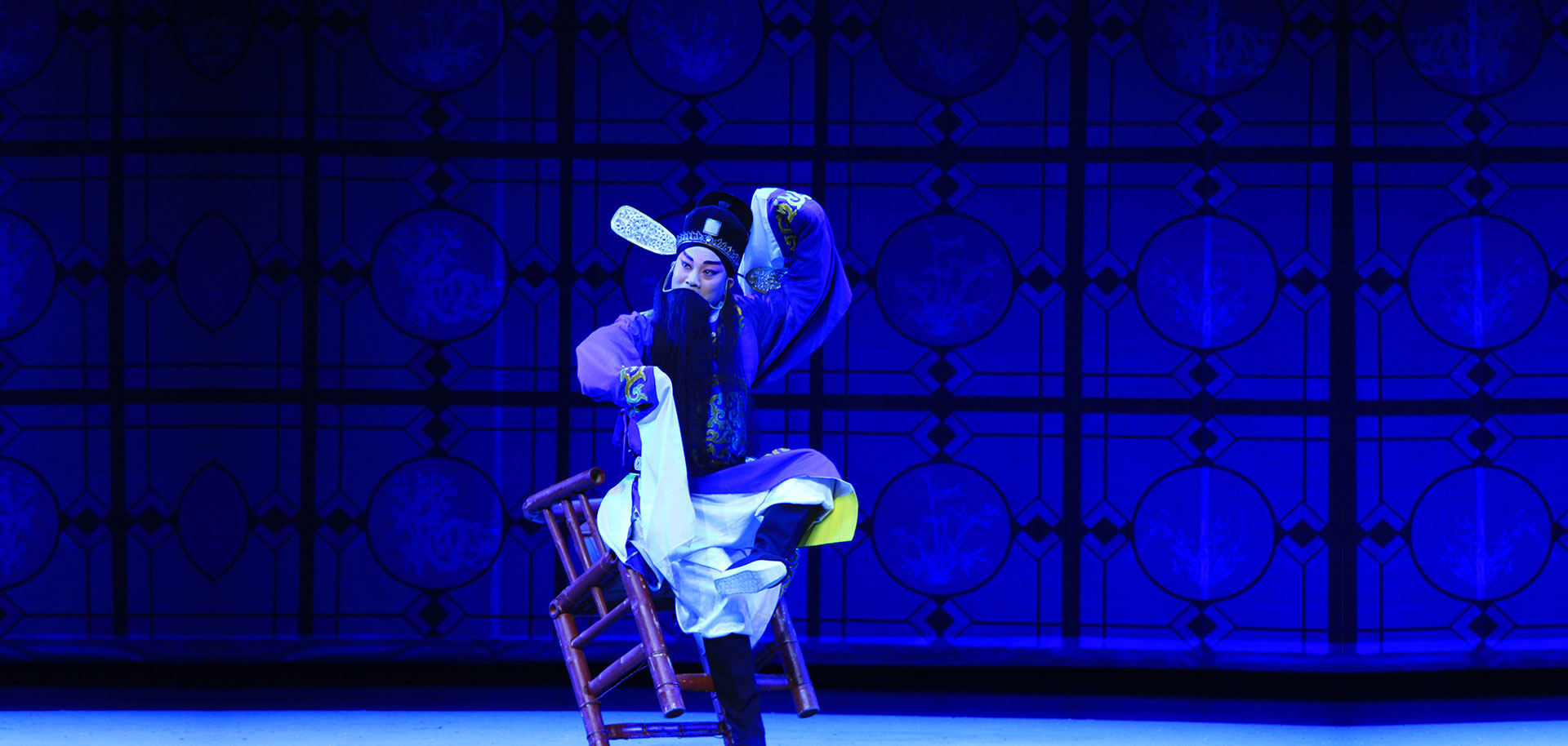
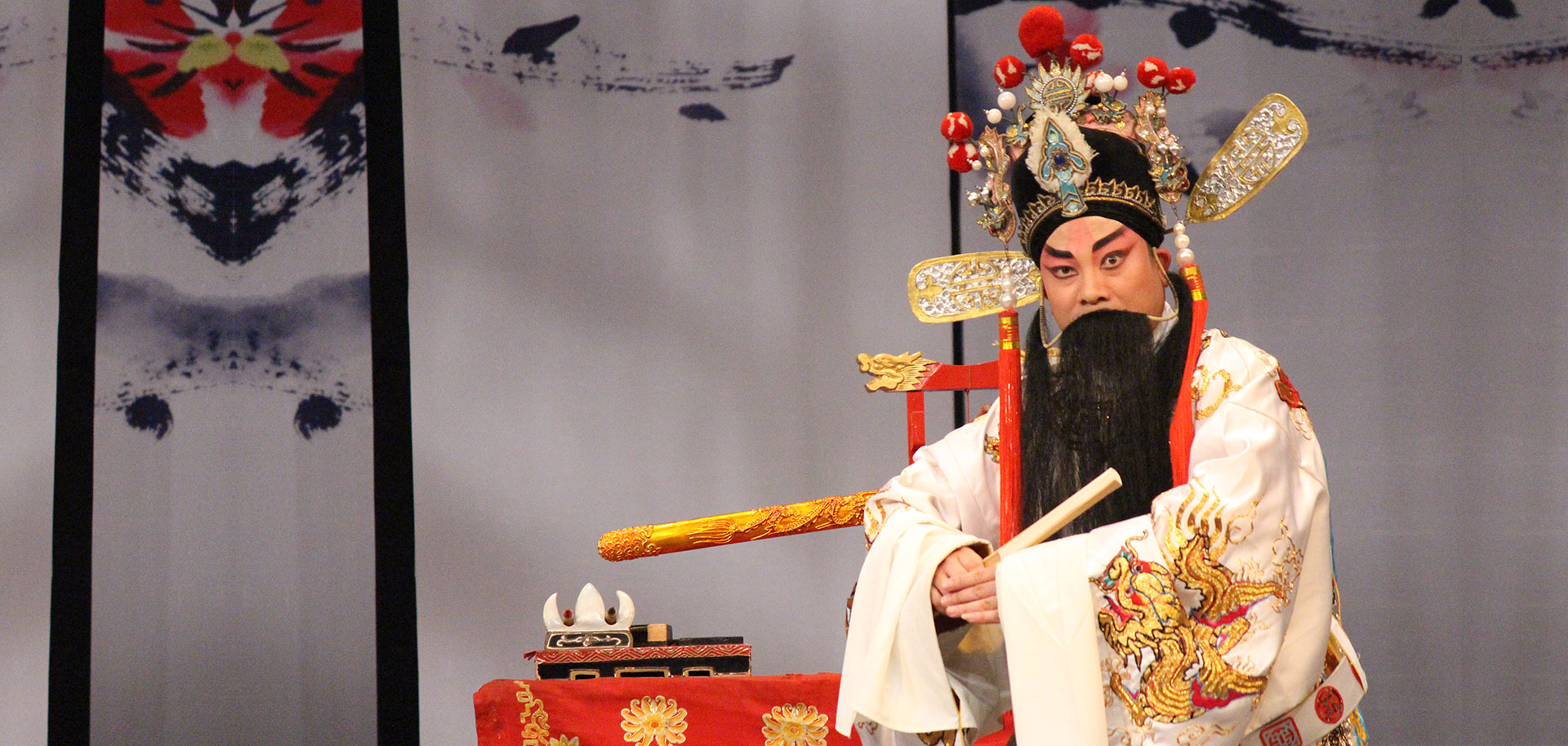
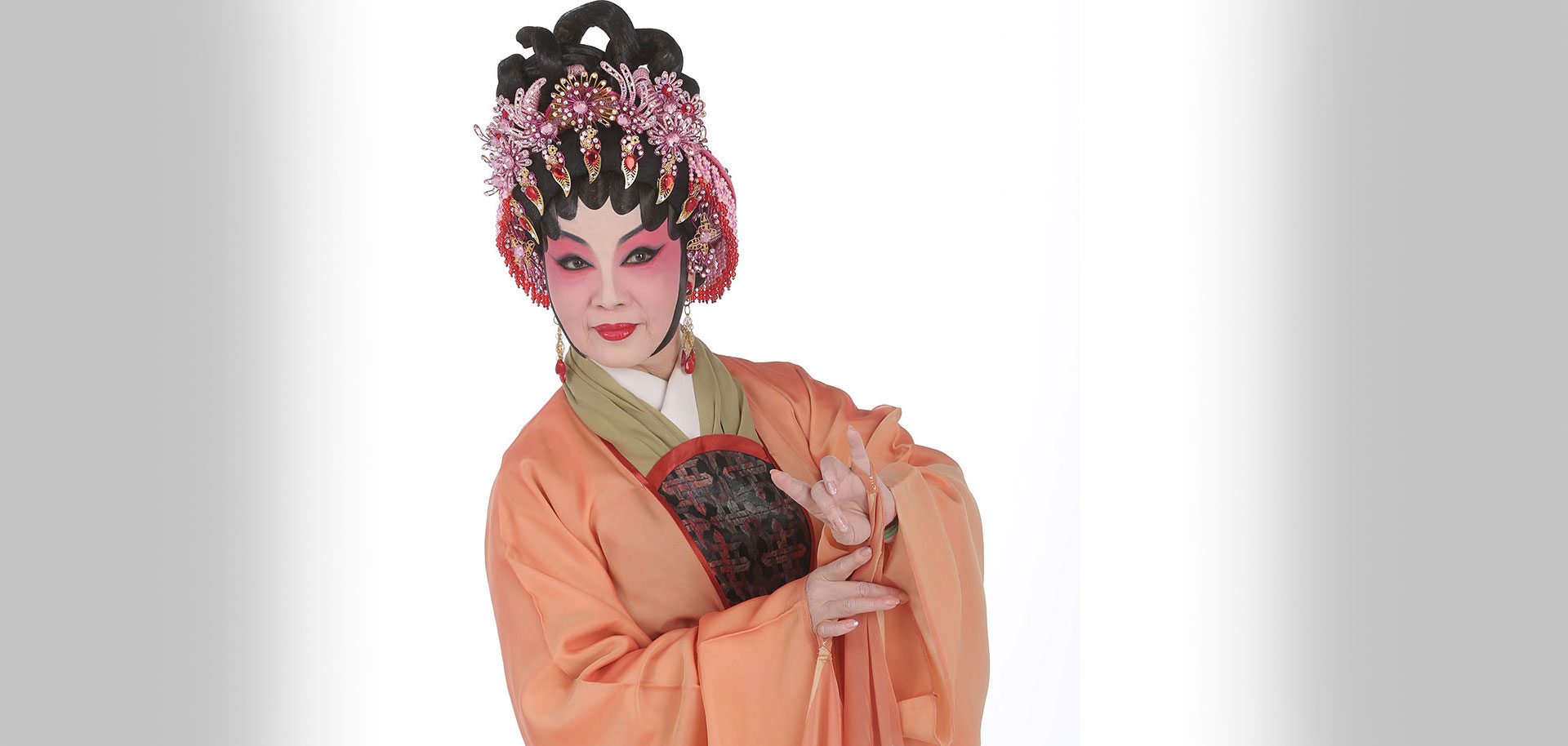
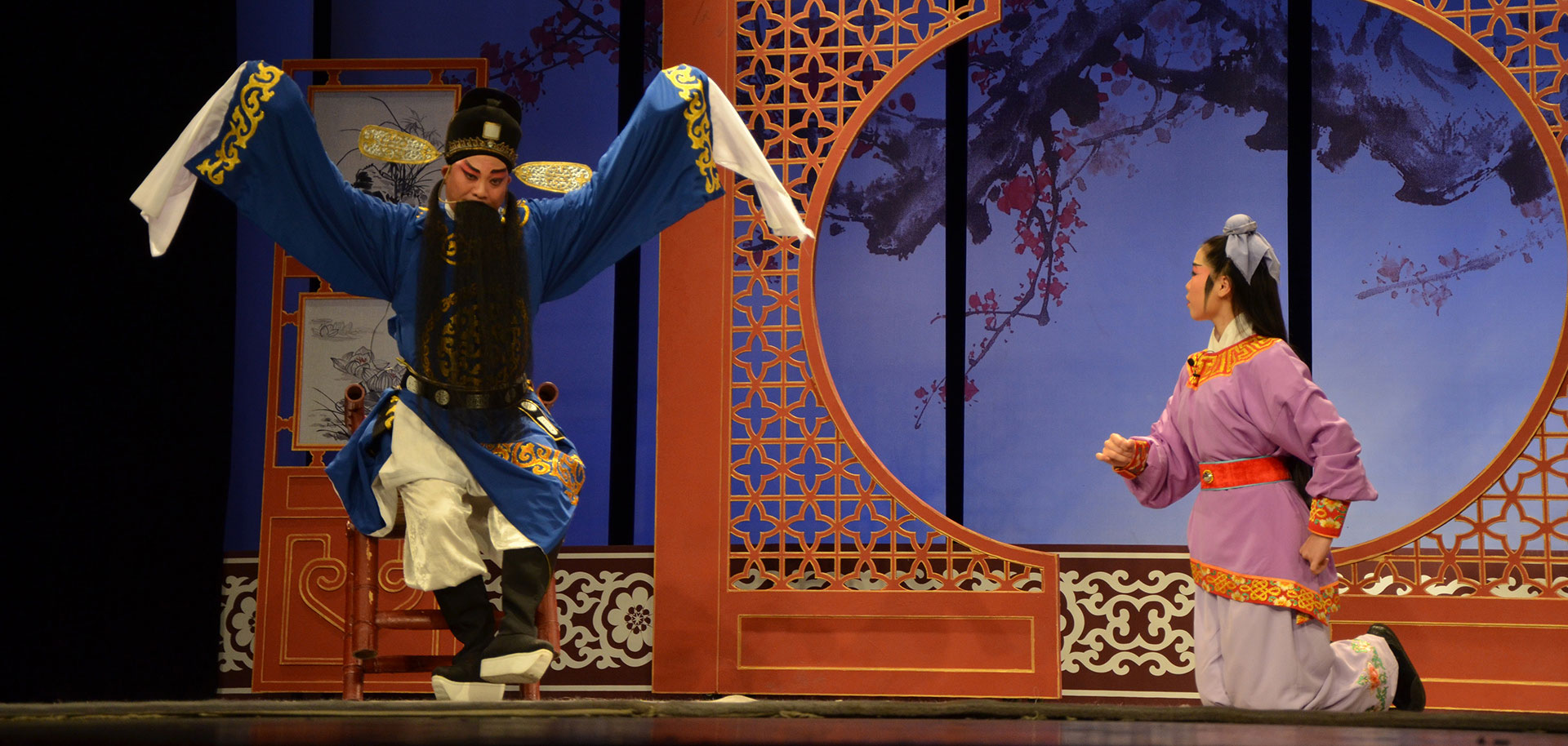
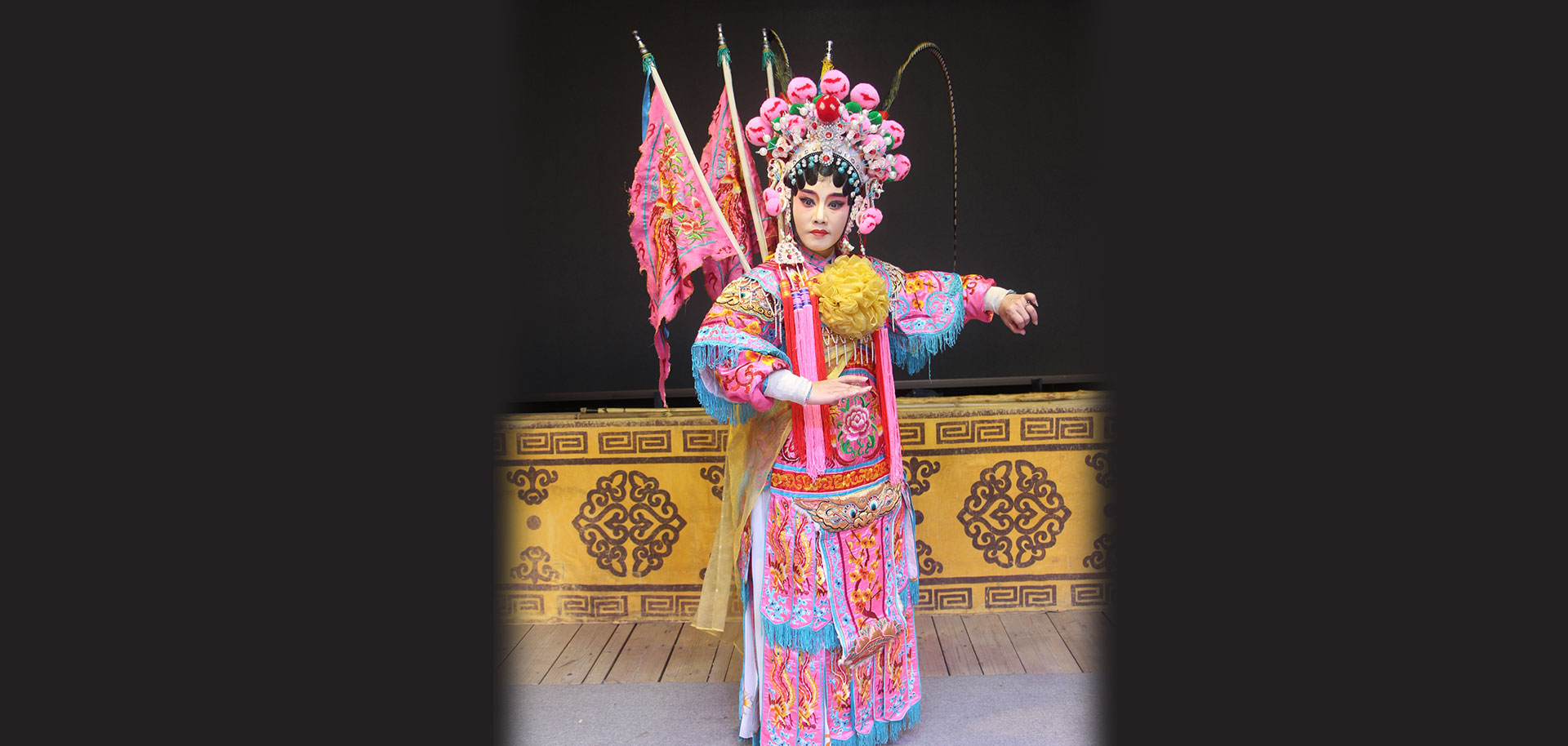
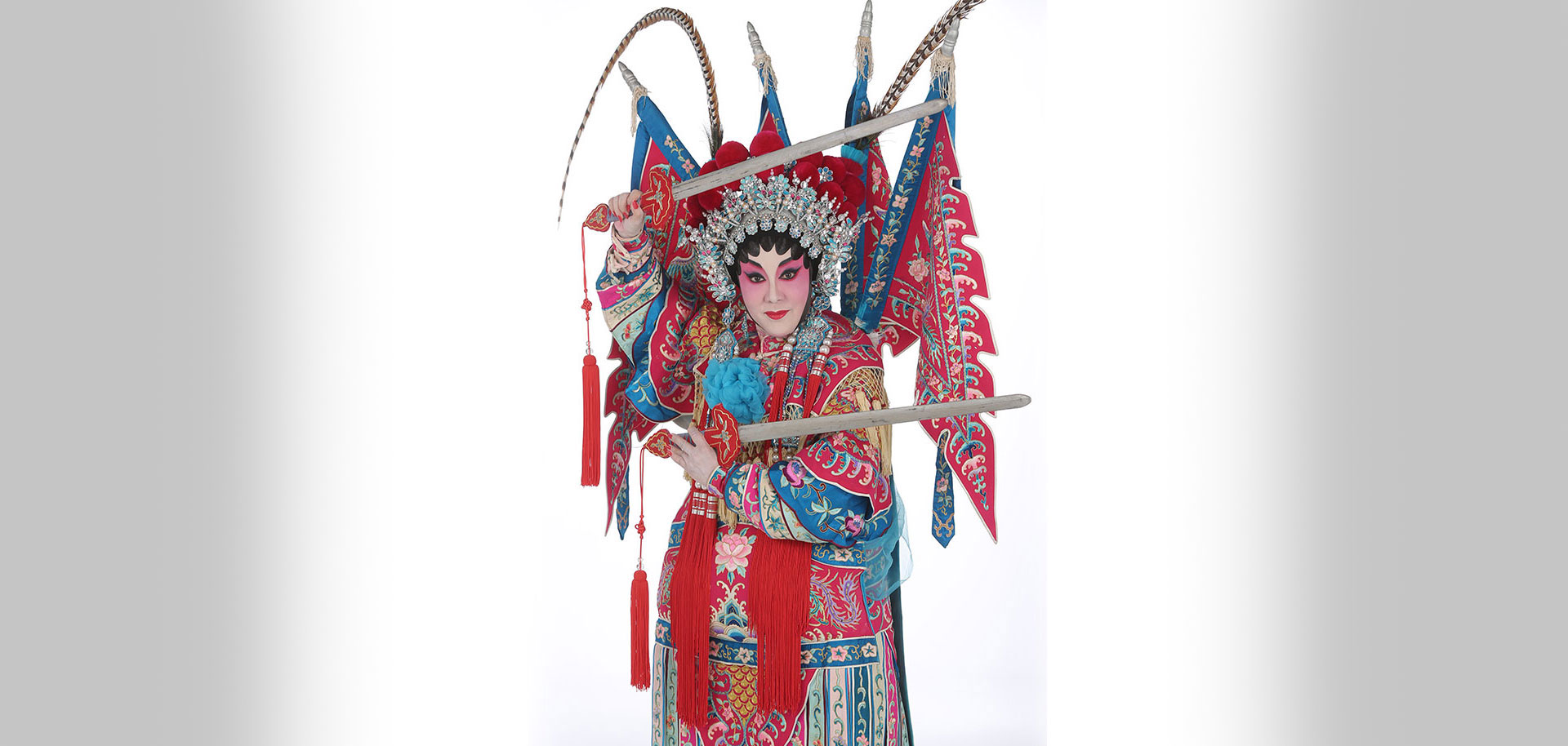
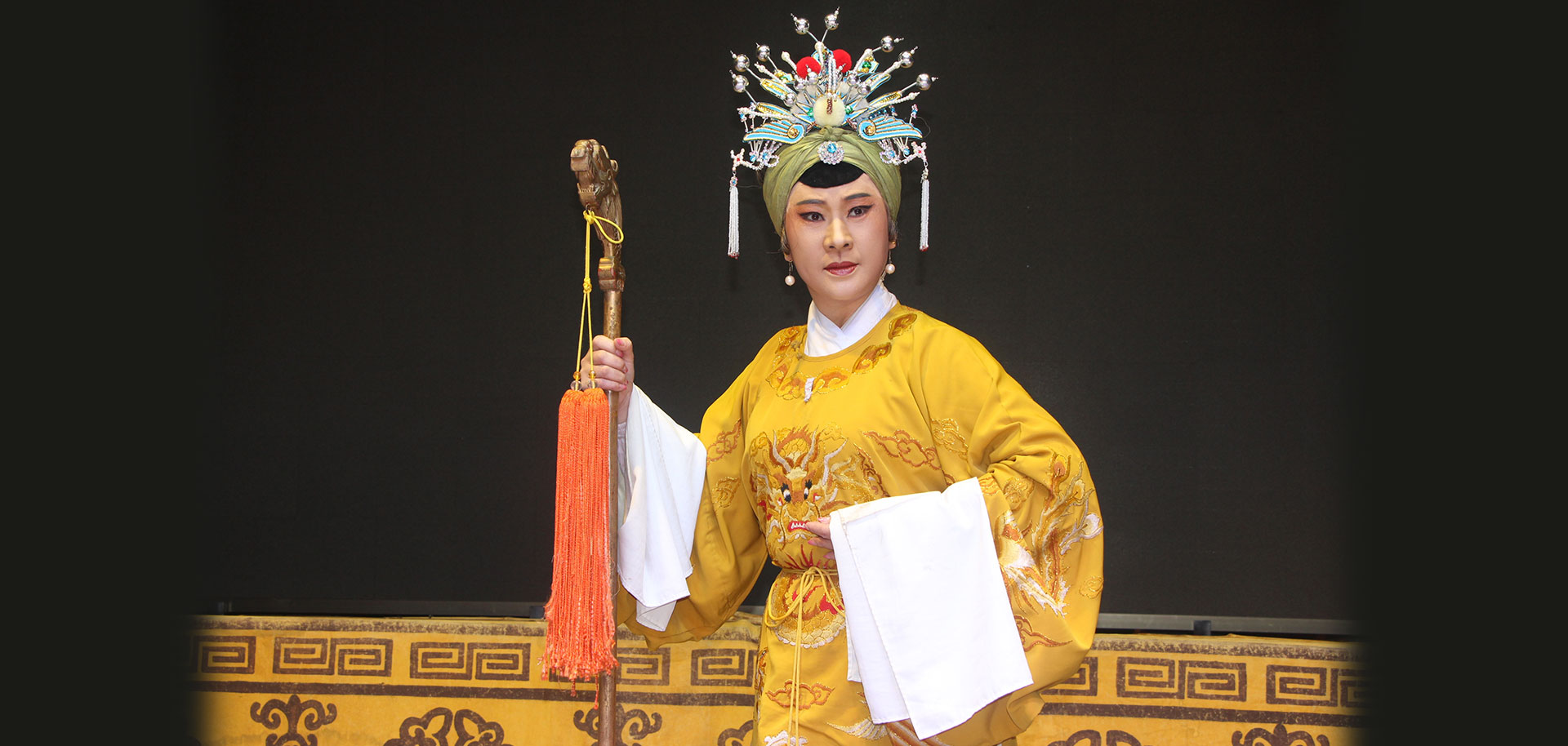
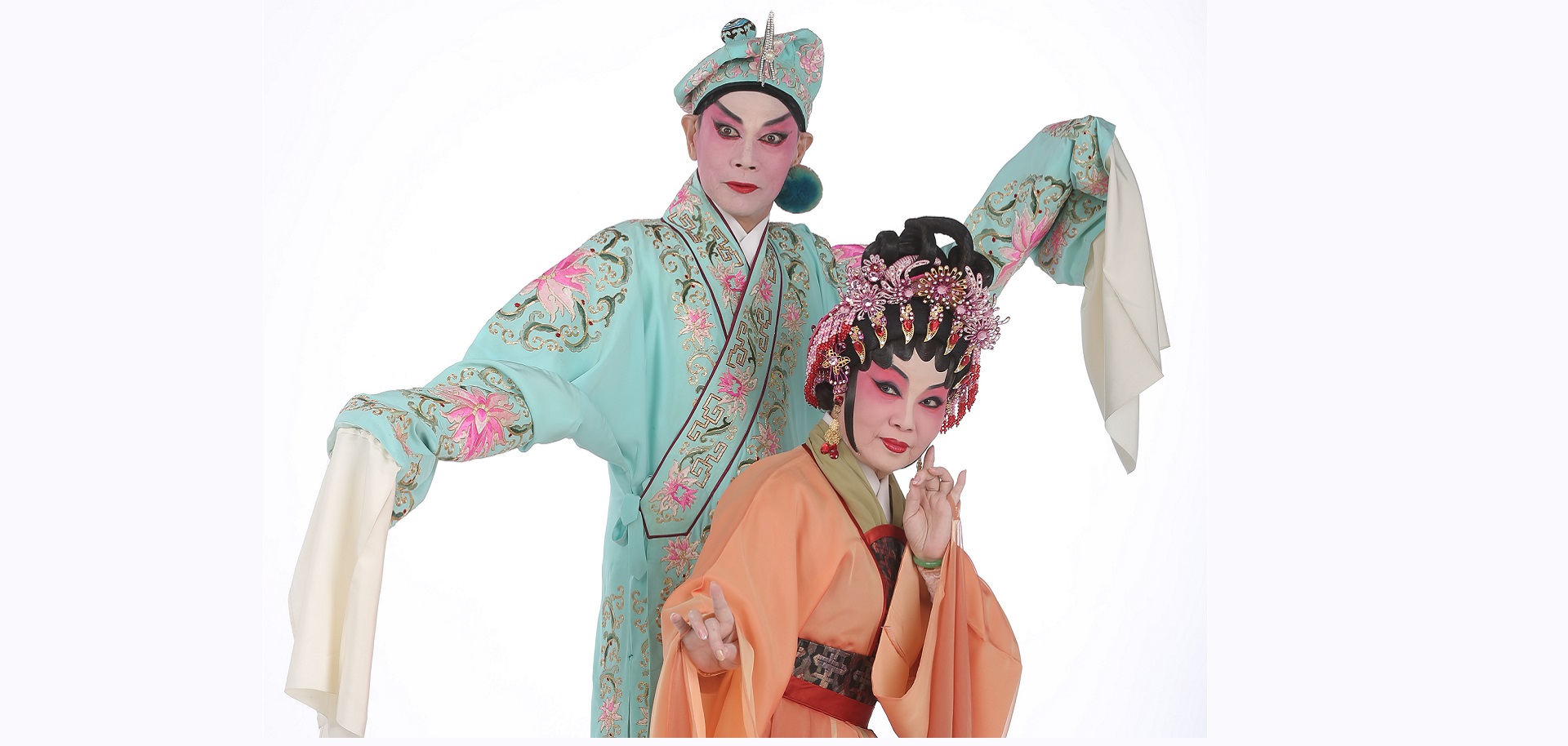

 Top
Top $340
$340  $280
$280  $220
$220  $150
$150
